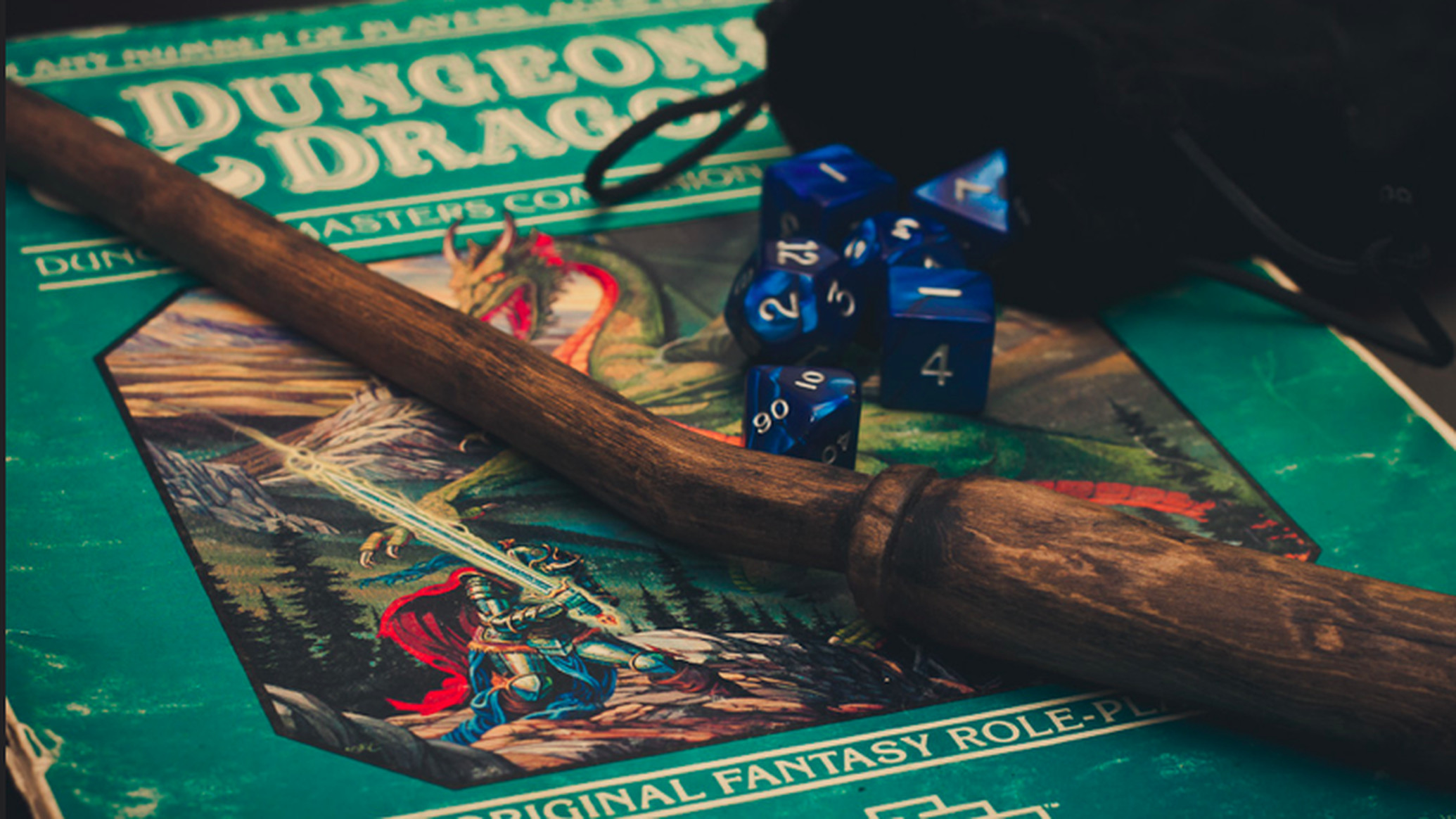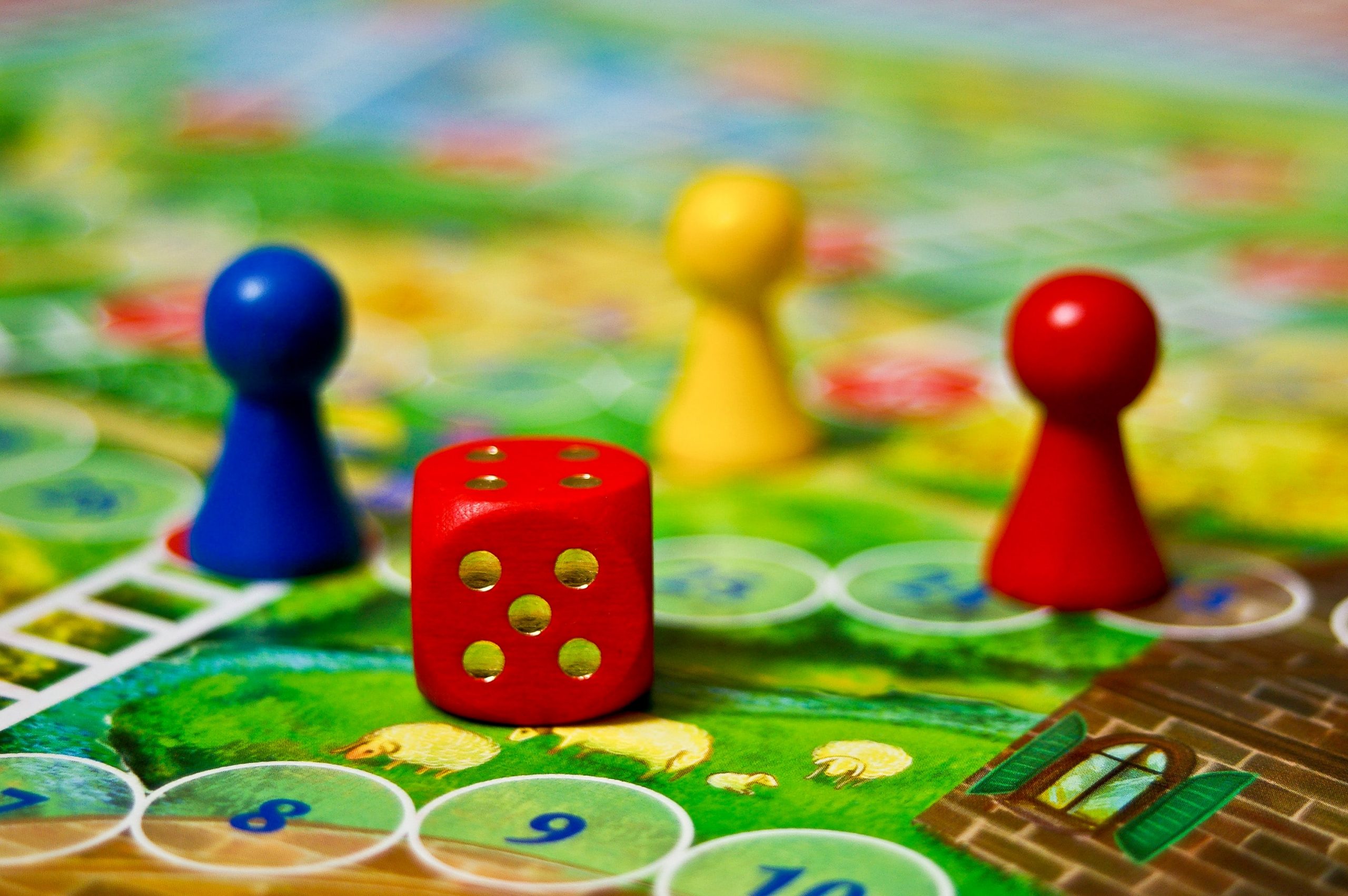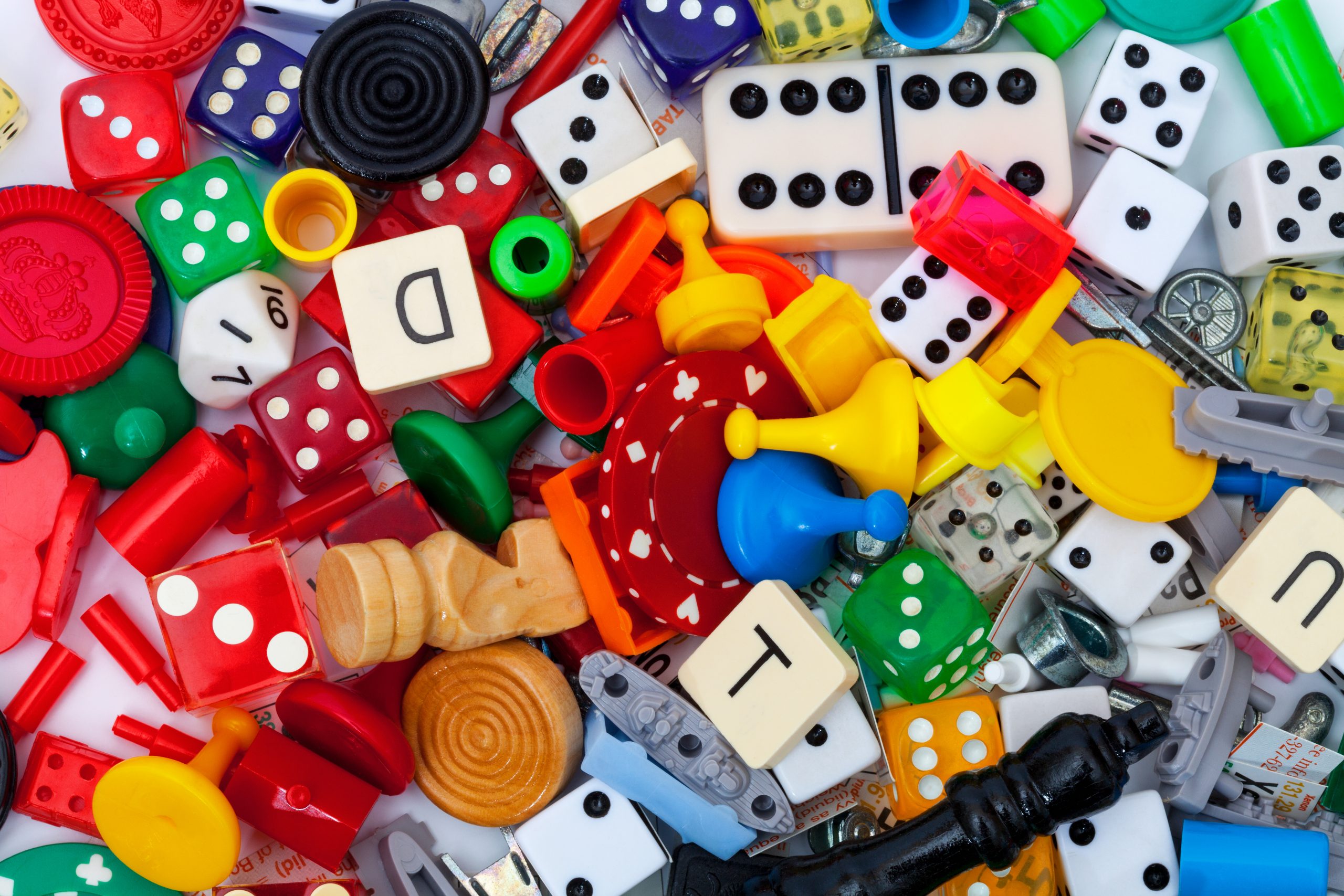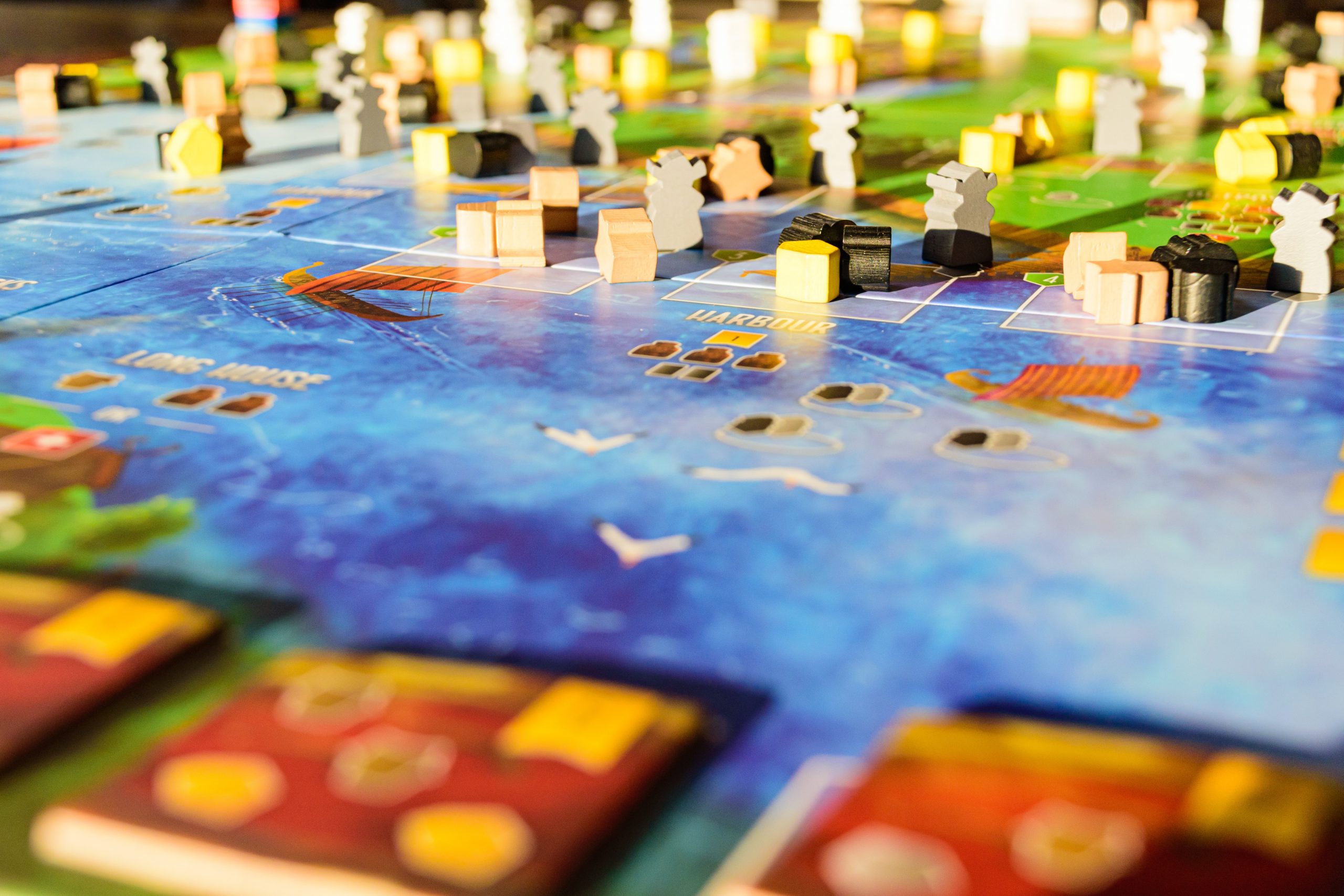The Academy of Games creates alliances among strangers and builds friendships out of fantasies. The Academy of Games is exactly what it sounds like, games for kids!
From Minecraft to Halo and every game in between, digital games share common roots with traditional board games. Those board games might have even been one of the first you ever played, and the whole reason you’re interested in gaming. The Academy of Games (TAG) wants to take kids back to those same roots and the games that helped us develop a lifelong passion.
 Some games are won by chance or sheer luck, while others find success through skill and strategic decision-making. However we win them, however we play them, games are a universal way to pass the time by escaping into a stress-free realm. When we play games together, we share that experience.
Some games are won by chance or sheer luck, while others find success through skill and strategic decision-making. However we win them, however we play them, games are a universal way to pass the time by escaping into a stress-free realm. When we play games together, we share that experience.
The digital age caused gaming to lose a big chunk of the socialization aspect. Sure, kids can play games with multiple players, but there’s zero collaboration. It’s just self-isolating — together. That’s simply not good enough for our kids.
The cofounders of TAG include an experienced game educator and a published game designer. Together, they bring their knowledge of teaching, design, and mad gaming skills to students. TAG believes in fostering new friendships, learning new skills, and designing something that makes kids proud.
Here’s a little bit of what TAG is all about and the programs kids can explore:
 Board Game Design
Board Game Design
TAG’s Board Game Design program focuses on the art of game design by playing, discussing, and modifying new ideas into existing games. Students in design-focused classes bring a game to life through their creative thinking and expanding skills. They make decisions and see the results of those choices.
Playing Games
The bottom line is that learning should be fun, and games inspire learning. TAG makes learning enjoyable and turns even the most uninteresting subject into an exciting experience. The collaboration between students produces a new outcome as their collective creative juices begin flowing as one. Playing, exploring, and learning are all part of the first phase.
Discussing Games
Design-focused classes are a combo of seminar-style discussions and instruction in game design. It’s a social atmosphere where collaboration fosters new friendships and where kids make their ideas solid. Small group discussions deconstruct the elements of a game as well as the play experience. Kids collaborate in their group to pitch designs and make informed decisions about the game they’ll modify together. This is phase two of the program.
Modding Games
The third phase gets right to the design and modification (modding as it’s known) of the game. Kids change up the rules, theme, or some other component to transform an existing game into something new through modding. By applying what they’ve learned, kids see their version of the game become real. Together they’ve created a whole new experience.
Roleplaying Games
Roleplaying Game classes (RPG) focus on storytelling, socialization skills, collaboration, and structured play.
Live-action Storytelling
All games have a storytelling component that can bring out the creativity in every narrator. They allow us to explore narratives together rather than having those dialogues in our heads. Dungeons & Dragons (D&D) is one such game. It’s a classic fantasy RPG that uses participants’ imaginations to solve problems and explore a fantasy world through the characters they create. D&D is an example of the types of roleplaying games kids can create with their TAG peers, likely the one you know best. But it’s not the only one. Instructors at TAG use a wide range of games to help kids share stories with one another and, through those stories, teach social and critical thinking skills they carry with them far beyond the game.
Socialization and Collaboration
If the pandemic has taught society one thing, it’s that people aren’t meant to live cut off from one another. We need to be social and are so by nature. Online gaming has historically received a bad rap, so to speak, for isolating kids. Some games do that, but not all. Games can and often do encourage socialization among those who share them.
 Titles like Pokemon Go encourage users to forsake their couch’s comfort and get outside to work with other people. Many friendships have been built by scouring local parks together, searching for elusive creatures like adventurers in tales of old. RPG classes at TAG focus on this type of communication, socialization, and collaboration with peers to accomplish wondrous feats of imagination. Kids work towards a solution to a common goal, overcoming challenges together, and learning valuable life lessons in low stakes environments, so everyone comes to love learning. When we learn to collaborate across the table, we learn to collaborate in real life.
Titles like Pokemon Go encourage users to forsake their couch’s comfort and get outside to work with other people. Many friendships have been built by scouring local parks together, searching for elusive creatures like adventurers in tales of old. RPG classes at TAG focus on this type of communication, socialization, and collaboration with peers to accomplish wondrous feats of imagination. Kids work towards a solution to a common goal, overcoming challenges together, and learning valuable life lessons in low stakes environments, so everyone comes to love learning. When we learn to collaborate across the table, we learn to collaborate in real life.
Structured RPG Play
Whether it’s through a campaign (a continuing story or adventure with recurring characters) or investigating smaller games one scene at a time, the RPG program at The Academy of Games explores different systems’ inner workings. Through collaboration with peers and critical thinking, kids can use lessons learned from playing through various games to modify and then build their own from scratch. We accomplish this by structuring play to incorporate teachable moments, highlighting social and design lessons encountered during the game. Over time, and often without even realizing it, kids come to understand things that go far beyond their fantasy, such as narrative structures, team management, and self-control in challenging situations.
For the time being and foreseeable future, TAGs’ programs are fully viable from a distance. And while the use of computers or mobile devices are the modes that social interactions must pass through, the same principles apply as if the classes were in person.










